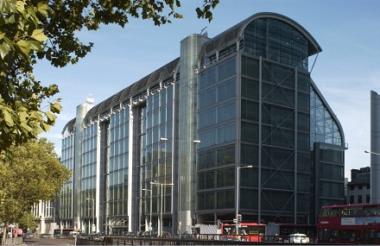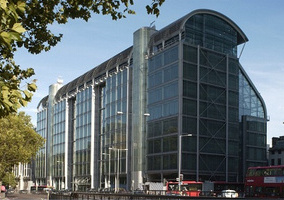Wellcome has announced that it will consider relocating its office space and flagship museum as part of a drive to cut the charity’s carbon emissions by 2030.
The charity aims to reach “net zero” in carbon emissions generated by operations at its London headquarters as well as its museum and library at the Wellcome Collection by 2030, but the targets do not apply to its £38bn investment portfolio.
A statement from the charity said the buildings both present significant decarbonisation challenges, and Wellcome has commissioned a detailed survey to determine what needs to be done to make them fully sustainable.
The charity will explore the possibility of relocating its office space and the Wellcome Collection to an alternative central London location as another route to its 2030 goal.
It said both refit and relocation options will seek to ensure improved accessibility for visitors and staff, and this exploratory work will continue over the course of 2023.
‘Doing nothing is not an option’
Paul Schreier, interim chief executive of Wellcome said: “In common with many organisations, we are looking at ways to bring our buildings up to date and minimise future energy usage. We are at the information-gathering stage of determining what the best way for us to do this.
“Both a refit and a relocation are significant and resource-intensive options. However, doing nothing is not an option. Climate change is one of the biggest threats to human health we face today, and we all have a part to play in building a more sustainable future.”
“We want to take this opportunity to create an environment for Wellcome and the Wellcome Collection which people will enjoy visiting and working in for decades to come.”
Until Wellcome reaches its net-zero target for the buildings, it said it will offset emissions through the Woodland Trust’s Woodland Carbon offsetting scheme.
Wellcome has set a separate target for decarbonising its £38bn investment portfolio. In 2021, the charity committed to driving down emissions in its investment portfolio to reach net zero by 2050 at the latest.
The charity said it was also “considering options” for reducing emissions from the research it funds, which “will likely form the largest and most complex area” of its decarbonisation plans.
As part of this work, last year the charity commissioned research to look at how funders such as Wellcome can help researchers to reduce carbon emissions.
Related Articles












